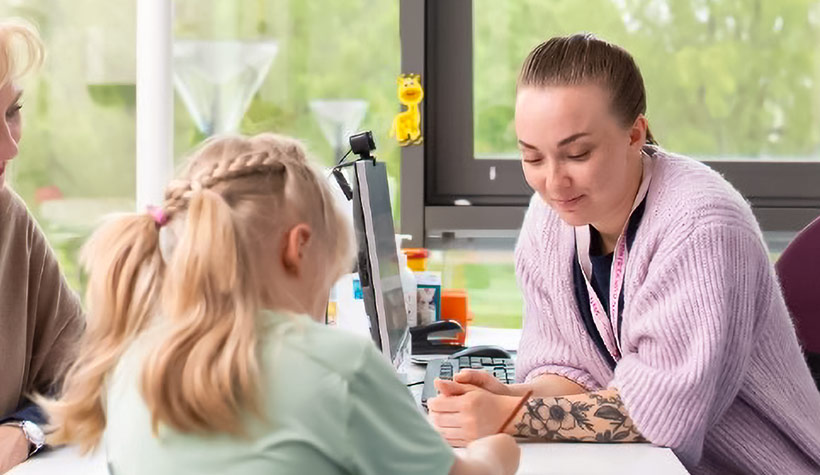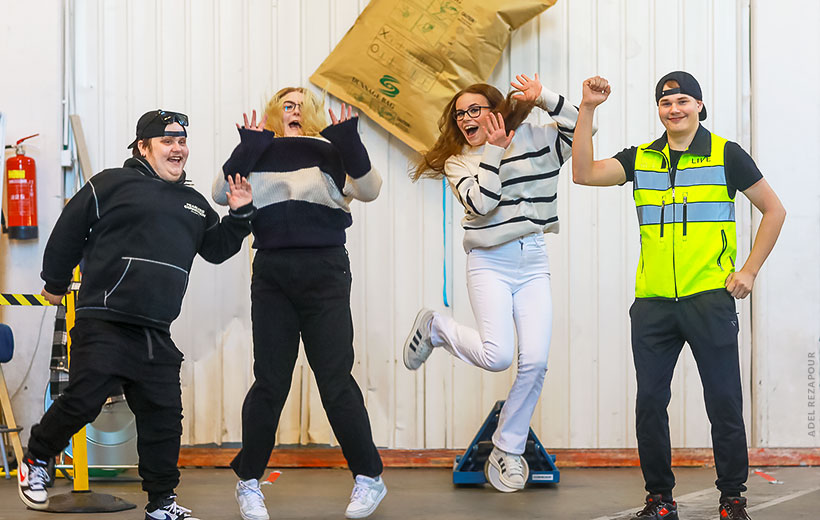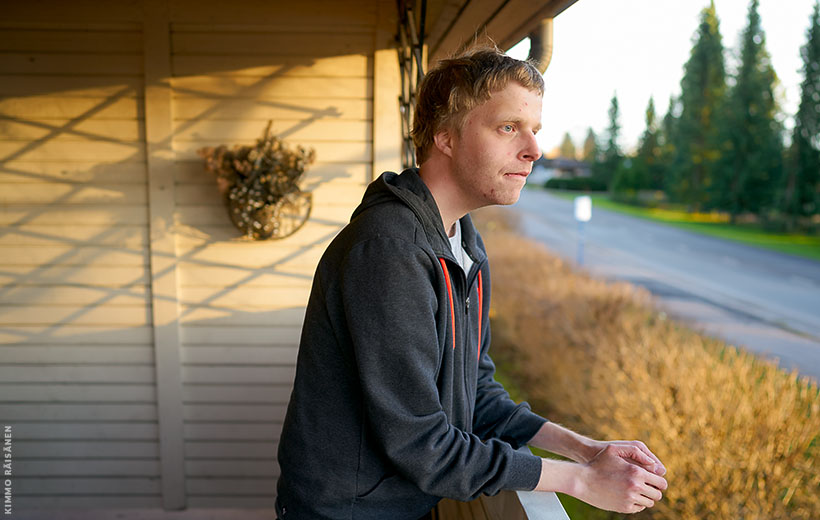Uusia polkuja (“New Pathways”)
The development project (ESF+) focuses on promoting better accessibility of disability services and supporting the inclusion of persons with disabilities and their families in South Karelia and Kymenlaakso.

The ABC of Mental Health as Support for Supported Employment
The aim of the project is to promote mental well-being in the workplace among young people with disabilities related to learning or comprehension – such as intellectual disabilities, autism spectrum disorders, or extensive learning difficulties – who are participating in supported employment or job coaching.
The project is funded by the Ministry of Social Affairs and Health through the European Union’s Recovery and Resilience Facility (RRF) as part of Finland’s Sustainable Growth Programme. The funding for the Sustainable Growth Programme comes from the EU’s one-off recovery instrument, Next Generation EU.

Yhdenvertaisuus käytäntöön (“Putting Equality into Practice”)
The project “Putting Equality into Practice – Upper Secondary Education for All” promotes the right of young people with intellectual disabilities and others in need of similar support, such as those on the autism spectrum, to access upper secondary education. The aim is to develop methods that support the transition from basic education to upper secondary education.
The project is funded by the European Social Fund Plus (ESF+).

Kehas25
The Kehas25 project focuses on developing individualized housing solutions for people with intellectual disabilities. The project is funded by the Ministry of the Environment and the Housing Finance and Development Centre of Finland (ARA).
Töihin seurakuntaan! (“Employment in the Parish!”)
The project aims to support the education and employment of persons with partial work ability and disabilities within Evangelical Lutheran parishes in Southern Finland. The project is funded by the European Social Fund Plus (ESF+).

Building the Future
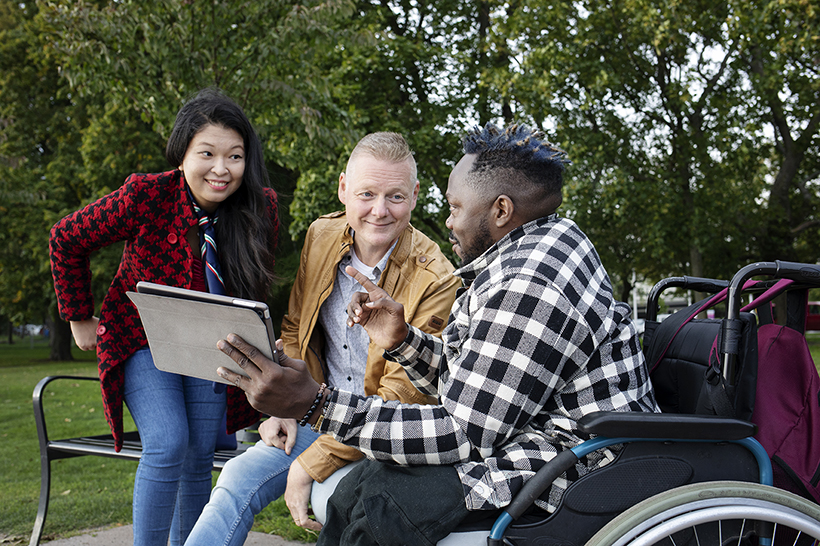
Building the Future project helped persons with disabilities and persons of migrant origin cope amid societal crises.
The goal of the Building the Future project (2021-2023) was to support persons with disabilities and persons of migrant origin in their coping skills and their ability to function in the COVID-19 crisis and in other corresponding exceptional situations and crises.
The project examined how persons with disabilities and persons of migrant origin experienced the coronavirus crisis. Another objective was to consider people who belong to both minorities – persons of migrant origin who also have a disability. In addition, experiences of those producing and organising services for these population groups were collected.
To gather information, questionnaires were sent to the public at large, municipalities, and service units, and interviews were held with clients. This provided information on challenges that had emerged in the everyday lives and services of persons with disabilities and persons of migrant origin during the coronavirus crisis. In addition, information was amassed about resources and operating methods that support their ability to cope.
The versatile information gathered in the project was used to develop instructions, operating methods, and networks for dealing with emergencies and crisis situations at the municipal level. With their help it is possible to take the needs of persons of migrant origin and persons with disabilities better into consideration in future emergencies and crisis situations.
The project was a cooperative effort by the Finnish Association on Intellectual and Developmental Disabilities, the Finnish Institute for Health and Welfare, and the Association of Finnish Local and Regional Authorities. The project was coordinated by the Finnish Association on Intellectual and Developmental Disabilities. The experiences and knowledge of clients and professionals played an important role in the project.
The project was launched in 2021 and had a duration of two years. The progression of the project could be followed on Twitter with the hashtag #TulevaisuuttaLuomassa. Information on the project can also be found on the websites of the Finnish Association on Intellectual and Developmental Disabilities, the Finnish Institute for Health and Welfare, and the Association of Finnish Local and Regional Authorities. @KVLiitto @THLorg @Kuntaliitto @THLsosiaalityo
Further information:
- Susanna Rieppo,project manager, Kehitysvammaliitto, tel. +358 50 329 0511, firstname.lastname@kvl.fi
- Elina Lindström, a project employee, Healthcare and Social Welfare, Suomen Kuntaliitto ry. (Association of Finnish Local and Regional Authorities, AFLRA), tel. +358 9 771 2150, firstname.lastname@kuntaliitto.fi
- Päivi Nurmi-Koikkalainen, team leader, chief specialist, Welfare State Research and Reform Unit (Disability in Society team), Finnish institute for health and welfare, tel. 029 524 7454, firstname.lastname@thl.fi
- Maria Valtokari, Development Manager, Welfare State Research and Reform Unit (Disability in society team), Finnish institute for health and welfare, tel. 029 524 8203, firstname.lastname@thl.fi
- Natalia Skogberg, Research Manager, Equality Unit (Migration and cultural diversity team), Finnish institute for health and welfare, tel. 029 524 7916, firstname.lastname@thl.fi
- Sara Austero, Project Planner, Equality Unit (Migration and cultural diversity team), Finnish institute for health and welfare, tel. 029 524 6153, firstname.lastname@thl.fi
- Laura Musta, Senior Planning Officer, Equality Unit (Migration and cultural diversity team), Finnish institute for health and welfare, tel. 029 524 7259, firstname.lastname@thl.fi
- Päivi Sainio, Senior Researcher, Population Health Unit (Evaluation and Foresight team), Finnish institute for health and welfare, tel. 029 524 8767, firstname.lastname@thl.fi
- Marja Holm, Statistical Researcher, Population Health Unit (Evaluation and Foresight team), Finnish institute for health and welfare, tel. 029 524 8169, firstname.lastname@thl.fi
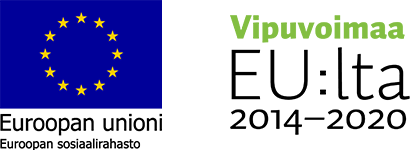
All Inclusive – Overcoming Barriers to Participation
FAIDD was a partner in an Erasmus+ funded project (2020-2022). The project aimed to develop models and tools that would enable young people with disabilities to participate in Erasmus+ Mobility projects and actions. There were six project partners from Finland, Italy and Northern Macedonia, and Finnish organization Nuorten Ystävät coordinated the project.
More information
- All Inclusive io2: How to make Youth Exchanges possible for young people who cannot travel (pdf, 3 MB)
- Sisko Rauhala, sisko.rauhala (at) kvl.fi

On the way home
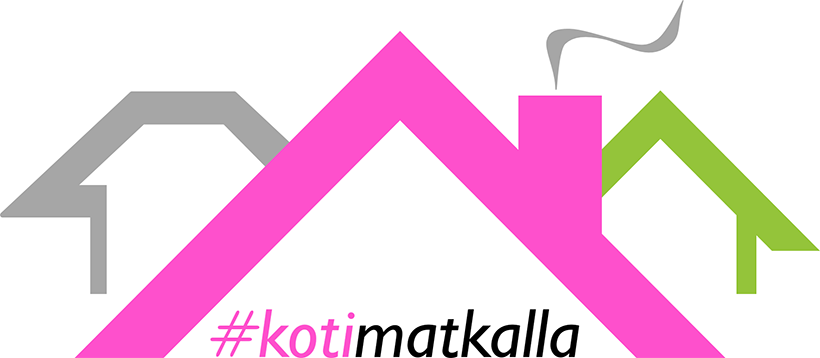
An own home is not something self-evident to all people. Many young people who need special support live in group homes or housing units even though with sufficient assistance they would be able to live independently.
In 2017-2019 ARA (The Housing Finance and Development Centre of Finland) financed and realized together with FAIDD a project titled #kotimatkalla (on the way home) to create new kinds of networks of housing and services that would make it possible for young people with special needs to live independently in ordinary apartments and get the support and assistance that they need.
The project endeavored to illustrate that individual housing solutions are by no means more expensive than centralized housing solutions. In group housing units the support received by the resident can at times be excessive considering the need. A shift away from too heavily supported housing solutions would free resources that could be used to realize solutions that enable independent living.
The project participants consisted of young people aged 18-29 who needed special support. Their current life situation and future needs were mapped from the viewpoints of the young people themselves, their close ones, support workers trained in municipalities and other stakeholder groups. The participants’ current housing situation and changes therein were assessed using, for example, tools developed in Scotland.
The project strived to have a practical impact on young people’s lives and to give them greater freedom and responsibility with regard to their living arrangements. The guiding principle of the project was Article 19 of the UN Convention on the Rights of Persons with Disabilities, which requires that persons with disabilities should have the opportunity to choose where and how and with whom they live.
The other project partners besides ARA and FAIDD were Inclusion Finland FDUV, the Finnish Association for Autism and Asperger’s Syndrome, the Finnish Youth Housing Association, the Finnish Ministry of the Environment and the Finnish Ministry of Social Affairs and Health. The first pilot municipalities were Kouvola, Mikkeli and Parainen.
Hire me
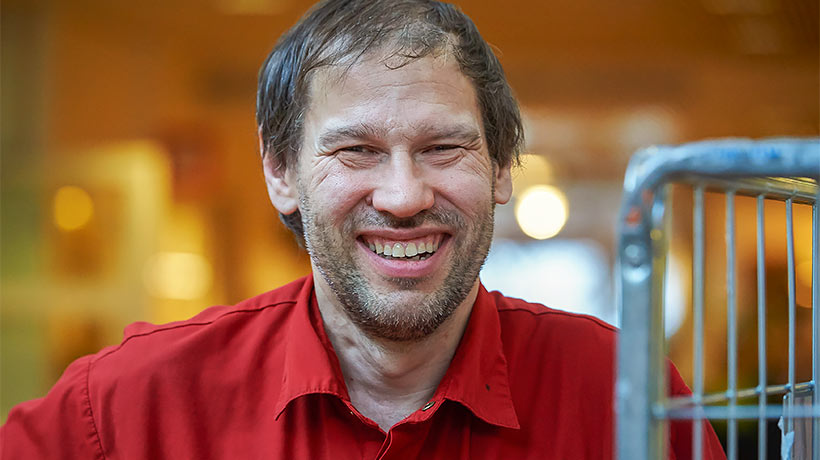
The Palkkaa mut (Hire me) project was a two-year project (2017-2018) funded by the Funding Centre for Social Welfare and Health Organisations (STEA) to promote the salaried employment of people with intellectual disabilities. Participants in the national job coaching network were trained to adopt a new model of job coaching. They worked in cooperation with employers and their work was supported by producing materials and organizing visits to employer companies/organizations.
We trained peer instructors who will set up peer groups for persons with intellectual disabilities to chart their strengths and employment wishes and encourage them to apply for jobs.
The project involved people working in disability services and vocational schools, who were trained to act as so-called change agents locally. They will disseminate information and inspire others to join in and start embedding the model in their surrounding communities.
Together
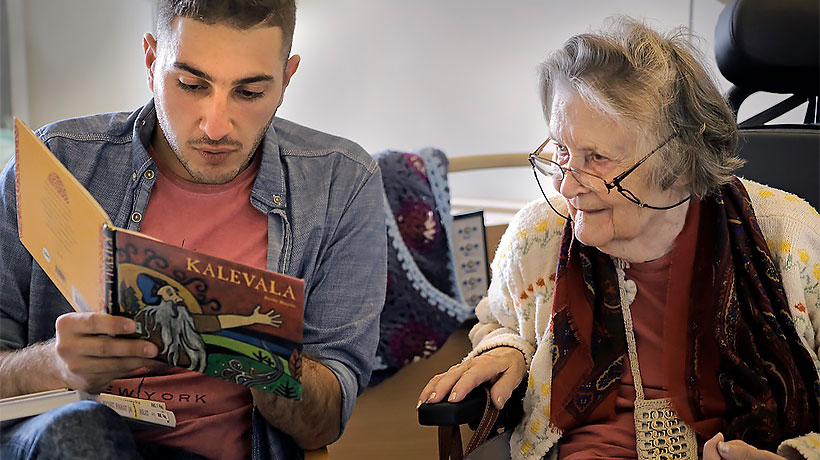
The Ikäihmiset ja maahanmuuttajat yhdessä (Senior Citizens and Immigrants Together; 2017-2019) project brought together local actors working in the fields of elderly care and cultural diversity. The project produced in a collaborative framework activities where senior citizens and immigrants met and interacted.
The aim of the project was to enhance social interaction and networking between senior citizens and immigrants. Through the activities immigrants got to know senior citizens, practice their Finnish language skills and gain experience of voluntary work. The senior citizens in turn got to share their experience of life, meet new people and get meaningful content into their everyday lives.
The project was developed in cooperation with different associations engaged in elder care and organizations and training programs for immigrants. One form of this interaction was reading sessions held in easy-to-read language. The Minä luen sinulle (Let Me Read for You) campaign of the Finnish Centre for Easy Language was realized each year as a part of the project.
The project supported local actors in starting up and developing the collaboration and designing the activities. Easy-to-read materials were produced and good practices shared during the project.
The project was coordinated by the VALLI – The Finnish Union for Senior Services and implemented in cooperation with the Finnish Association for Mental Health and FAIDD. The national project was financed by the Funding Centre for Social Welfare and Health Organisations (STEA).
New encounters through social media
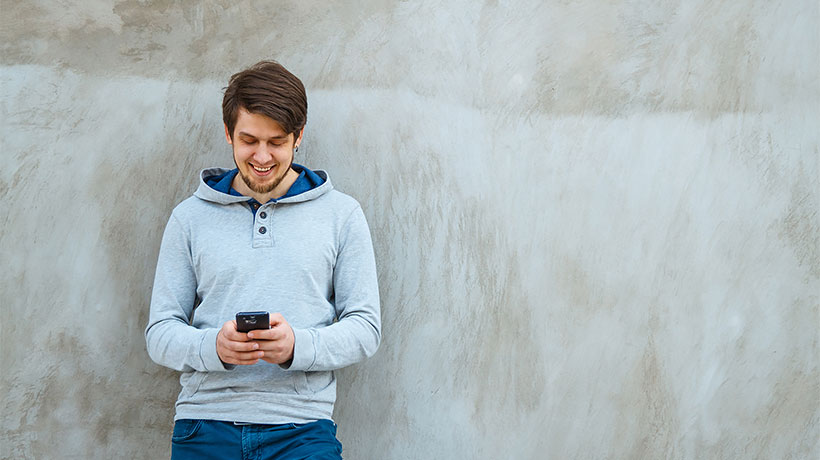
The Somettamalla uutta kohtaamista (New Encounters through Social Media) project (2017-2020) encouraged and supported lonely young people and adults to interact socially by means of social media. The goal was to reduce loneliness.
An easy-to-use social media service was created within the project, where users can communicate with each other and safely practice interaction and social skills. Through the service they can seek friends or someone to have conversations or spend time with or suitable company for different pastime activities.
Special attention was paid in the practical realization to accessibility and ease of use and users who need special support.
The project was coordinated by FAIDD and realized in collaboration with the Finnish Association for Mental Health, FAMH. It was funded by the Funding Centre for Social Welfare and Health Organisations (STEA).
Developing versatile housing solutions
Collaboration with Eksote and the Finnish Ministry of the Environment
The Finnish Ministry of the Environment, the South Karelia Social and Health Care District (Eksote) and FAIDD realized a housing development project aimed at creating individual housing alternatives for people with intellectual disabilities. Persons with intellectual disabilities were offered housing in ordinary apartments, instead of in group homes for 15 residents. The Eksote district piloted the project and the experiences gained there will be disseminated nationally.
The apartments were sought from among the ordinary housing supply and the required support was organized through, for example, contact points in the community of residence. The project charted the housing needs and capacities for independent living of persons with intellectual disabilities moving out of group homes, institutional care or their childhood homes.
Skills for living independently were strengthened through practice periods and personalized budgets for independent living. The participating persons were given a central role in the solving of their living arrangement questions. The homes and group-based solutions were integrated to the normal housing supply and not segregated into concentrations of special groups.




